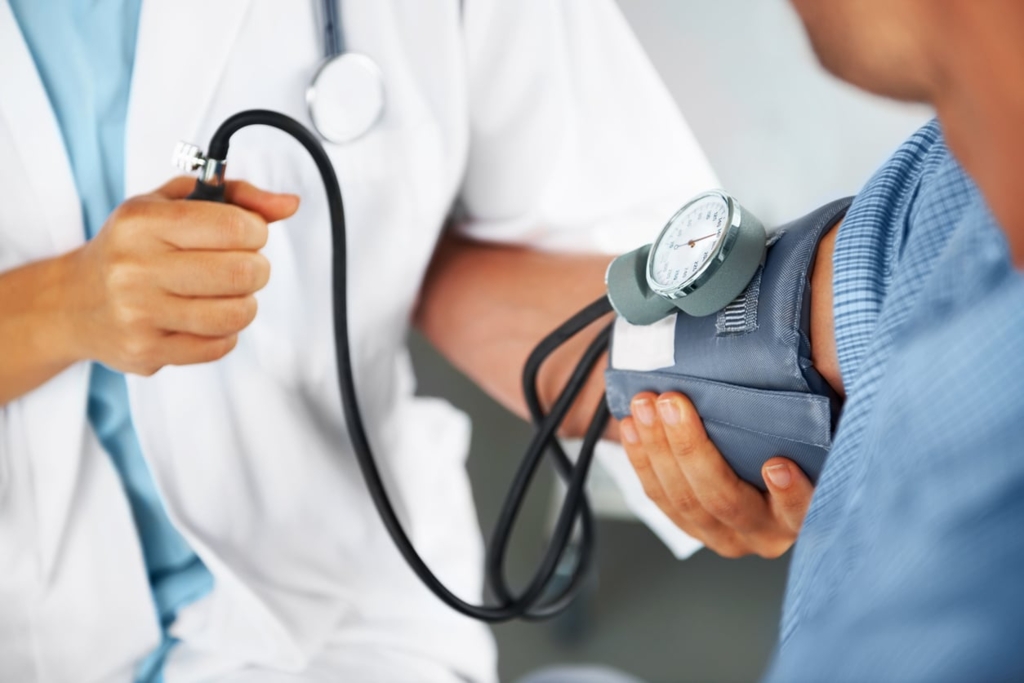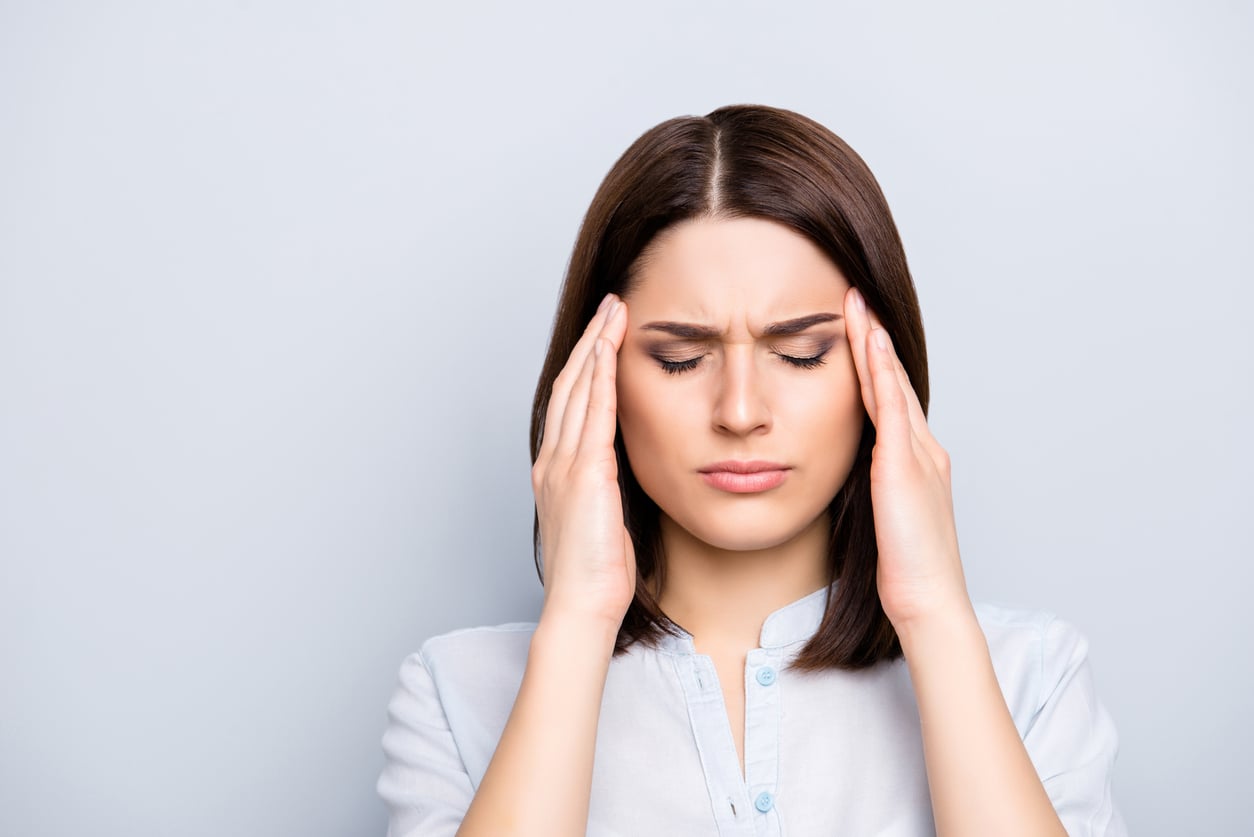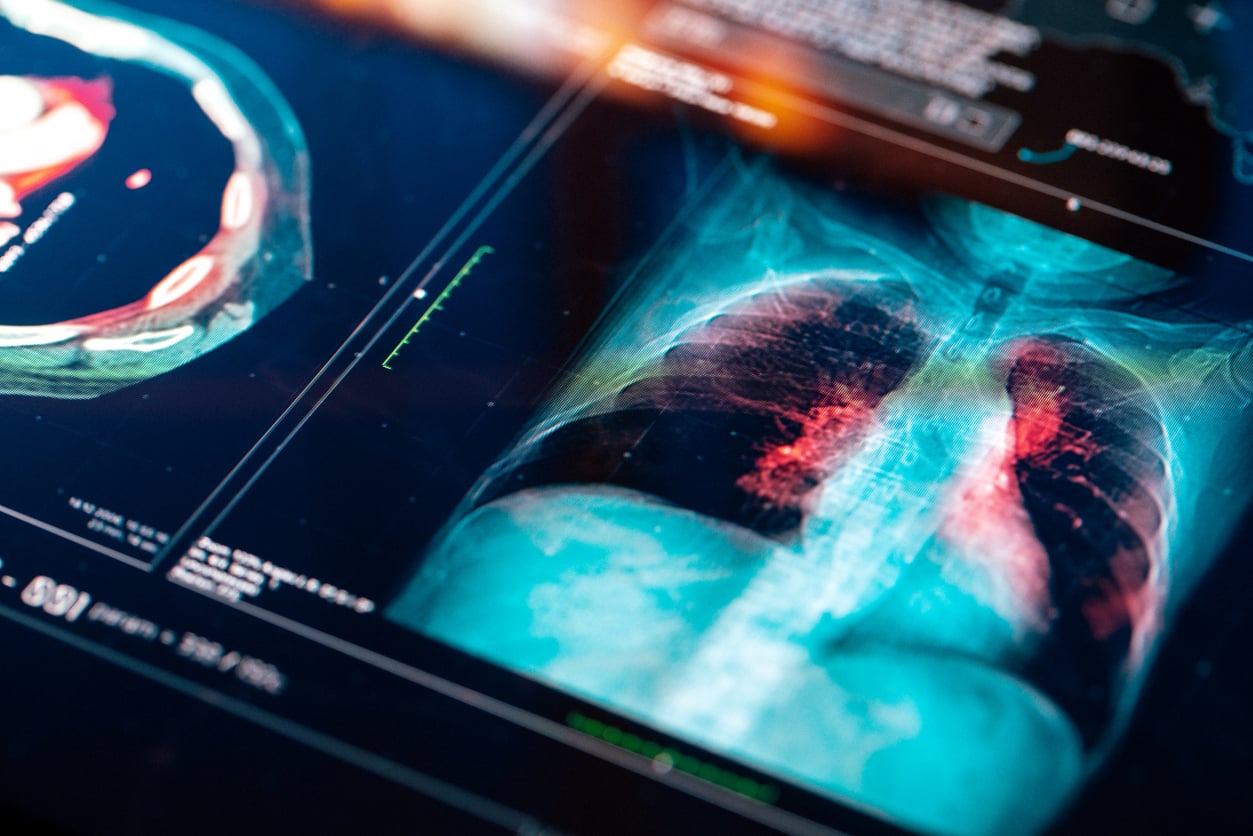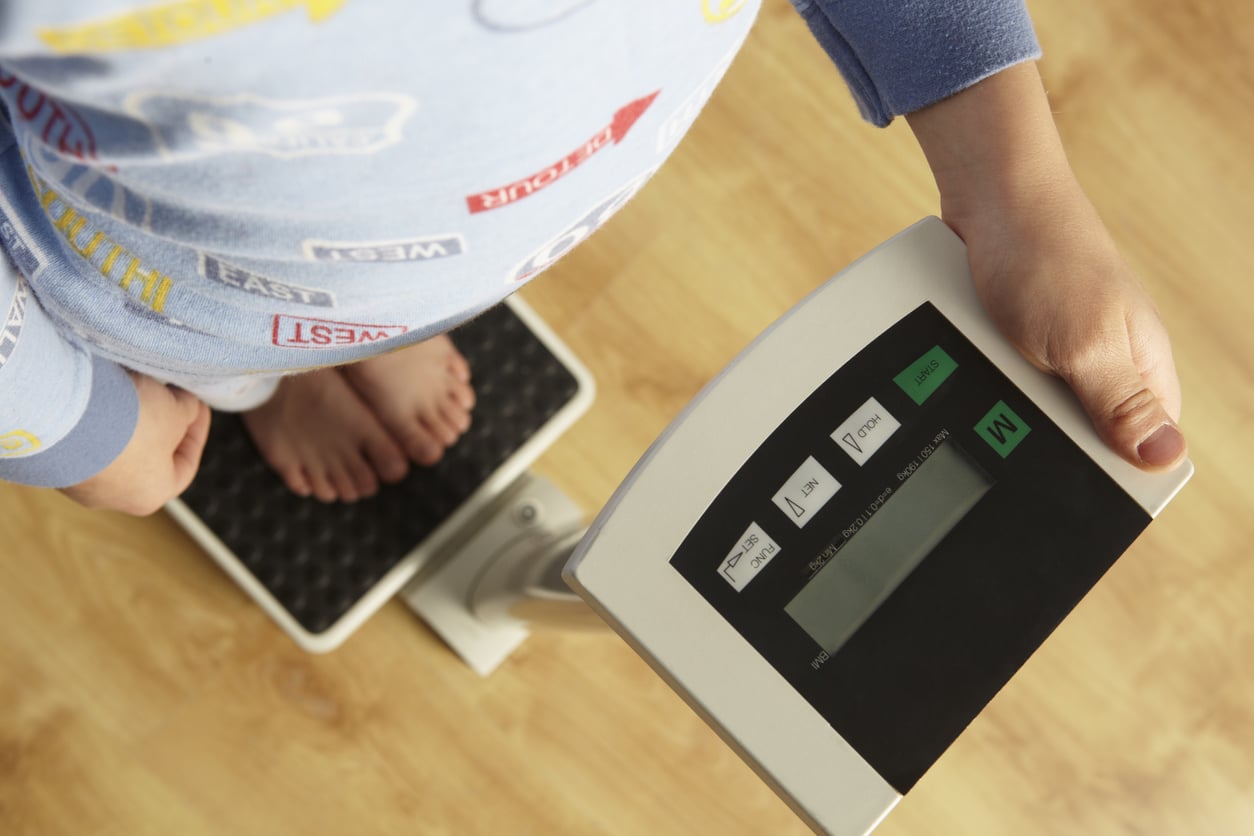Symptoms of Hypertension: What You Need to Know

High blood pressure, often known as hypertension, is a significant illness that, if left untreated, can lead to a variety of major health concerns. It's critical to be able to recognize the signs and symptoms of hypertension early on so that you can receive treatment and avoid long-term consequences. We'll go over the symptoms of hypertension in depth in this blog post.
Shortness of Breath

Hypertension, or high blood pressure, is a common medical condition that can lead to a variety of health problems. One of the most common symptoms of hypertension is shortness of breath. This can occur when the heart is working overtime to pump blood through the body. The extra effort required can cause the heart muscle to become oxygen deprived, leading to feelings of breathlessness. In addition, hypertension can also cause fluid build-up in the lungs, making it difficult to breathe. If you are experiencing shortness of breath, it is important to speak with your doctor to rule out any other possible causes. Hypertension is a serious condition that can be effectively managed with lifestyle changes and medication.
Pains in the Chest

Pains in the chest could be a symptom of hypertension, or high blood pressure. This is usually caused by the heart having to pump harder than normal against higher than normal resistance in the arteries. The added force and pressure on the artery walls can cause pain. If you experience chest pain, it is important to see a doctor to determine if it is related to hypertension. High blood pressure is a serious condition that can lead to heart disease, stroke, and kidney problems. Treatment typically involves lifestyle changes, such as eating a healthy diet and exercising regularly, and may also require medication.
Headaches

One of the less well-known symptoms of hypertension is headaches. While the exact mechanism is not fully understood, it is thought that rising blood pressure puts extra pressure on the blood vessels in the head, causing them to constrict. This can lead to tension headaches, which are often characterized by a dull, throbbing pain. In some cases, hypertension can also lead to more severe headaches, such as migraines. If you suffer from recurrent headaches, it is important to see a doctor to rule out other possible causes.
Exhaustion

One of the most common symptoms of hypertension is fatigue. For many people, this fatigue is so severe that it can interfere with their ability to perform everyday activities. In some cases, people with hypertension may feel too tired to even get out of bed in the morning. The exhaustion associated with hypertension is caused by the constant strain that elevated blood pressure puts on the heart. The heart must work harder to pump blood through the body, which can lead to fatigue and weakness. If you are experiencing fatigue as a symptom of hypertension, it is important to see a doctor so that you can begin treatment and lower your blood pressure.
Nauseous

Nausea is a common symptom of hypertension and can be caused by a number of different factors. High blood pressure can damage the lining of the arteries, leading to inflammation and irritation. This can trigger the release of stomach acids, which can cause nausea. Nausea can also be caused by the increased pressure on the abdominal organs, as well as by the increased heart rate that accompanies hypertension.
Kidney Damage

Kidney damage is a common symptom of hypertension, or high blood pressure. When the blood pressure is too high, it can damage the kidneys. This can lead to a number of problems, including kidney failure. Kidney damage can also cause other problems, such as anemia and proteinuria. Treatment for hypertension usually includes medications that can lower blood pressure. If the hypertension is severe, hospitalization may be necessary. Kidney damage can be prevented by keeping the blood pressure under control.
Poor Vision

When your blood pressure is too high, it puts additional strain on your arteries and capillaries. This can cause the small blood vessels in your eyes to break or leak, resulting in blurred or spots in your vision. In some cases, high blood pressure can also cause the retina - the light-sensitive layer of tissue at the back of the eye - to detach from the underlying layer of support tissue. If left untreated, hypertension can lead to serious eye problems, such as glaucoma, cataracts, and even blindness.
Confusion

Confusion can be a symptom of hypertension, but it is not always indicative of the condition. In fact, confusion is a relatively common symptom of many conditions, both physical and mental. That being said, if you are experiencing confusion along with other symptoms of hypertension, such as headaches, chest pain, or shortness of breath, it is important to see a doctor as soon as possible.
Nosebleeds

One possible cause of nosebleeds is hypertension, or high blood pressure. This condition occurs when the blood vessels in the body become constricted, causing the blood pressure to rise. Nosebleeds can be a symptom of hypertension because the narrowed blood vessels are more likely to rupture.



